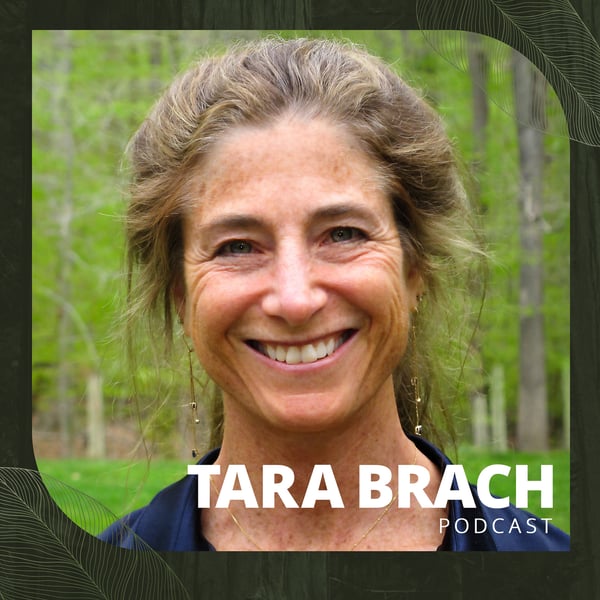The Fires of Loss
Tara Brach
Tara Brach
4.8 • 10.6K Ratings
🗓️ 27 February 2013
⏱️ 61 minutes
🧾️ Download transcript
Summary
2010-06-16 - The Fires of Loss - We all encounter the great losses of our own health and life, and of cherished others. We are conditioned to resist opening to the rawness and grief that comes with loss. This talk describes the refuge of presence in the face of loss, and the gift of timeless love that arises as we make peace with the reality of this living, dying world. NOTE: Tara was traveling this week, so offering a well-loved talk from 2010. Please support this podcast by donating at www.tarabrach.com or www.imcw.org. Your donations allow us to continue to freely offer the teachings!
Transcript
Click on a timestamp to play from that location
| 0:00.0 | So to begin tonight's talk, I'd like to mention an article I read last week in the science |
| 0:22.3 | times that was a gallop poll kind of study that headlines people get happier as they get older. And |
| 0:32.1 | the more specifics are that from 18 years on people start feeling worse and worse about themselves |
| 0:38.4 | and it hits the bottom at age 50. But then after that it starts climbing up. And so that by 85, |
| 0:47.3 | get this by 85, you're more satisfied with yourself than you were when you were 18. And on other |
| 0:53.7 | measures of enjoyment and happiness, we kind of decline to climb to climb until we hit 50, but then |
| 1:00.0 | we start purking up. And there's only a slight dip between 73 and 83, but still better than younger |
| 1:06.4 | years. So for those of you that are creeping on, this is good news, eh? Now here's some interesting |
| 1:14.1 | things that they said that it didn't really matter in explaining this, whether people had a partner, |
| 1:21.0 | their employment status, or children at home. Some theories on what might account for this, |
| 1:28.0 | you know, some maybe to do with hormones as you get older might have to do with decreased |
| 1:34.7 | demands from the society in terms of competition or less stress or pressure to prove yourself. |
| 1:42.3 | One psychologist framed it this way. He said, happiness level is not being driven predominantly |
| 1:50.7 | by things that happen in life, things on the outside. It's something quite deep and quite human |
| 1:56.5 | that seems to be driving this. And I'd like to propose, and this is really a Buddhist perspective, |
| 2:06.0 | that as we get older, the more time we're on planet Earth, the more we are living with the 10,000 |
| 2:15.0 | joys and the 10,000 sorrows, stuff happens. There are inevitable losses. And what happens, and this |
| 2:24.0 | of course isn't to everybody, but the potential is a wisdom around impermanence that basically has |
| 2:33.4 | the realization that it's passing, it's precious, it doesn't help to hold on, and by opening to |
| 2:41.2 | what's happening, you get to find the present moment is quite precious. So basically, with aging, |
| 2:50.7 | there's a potential for a kind of acceptance that gives a really deep inner ease and happiness. |
| 2:58.0 | The losses that come, the inevitable losses that come with being on planet Earth are our deepest |
... |
Please login to see the full transcript.
Disclaimer: The podcast and artwork embedded on this page are from Tara Brach, and are the property of its owner and not affiliated with or endorsed by Tapesearch.
Generated transcripts are the property of Tara Brach and are distributed freely under the Fair Use doctrine. Transcripts generated by Tapesearch are not guaranteed to be accurate.
Copyright © Tapesearch 2025.

